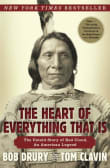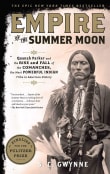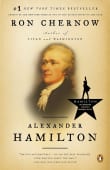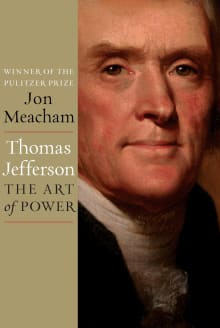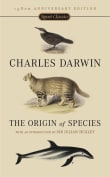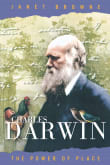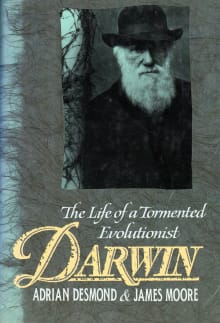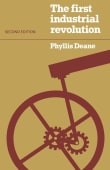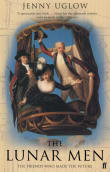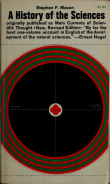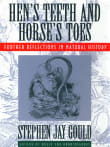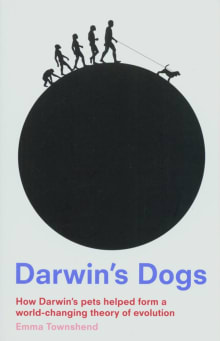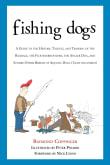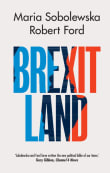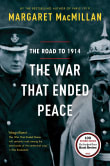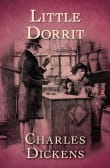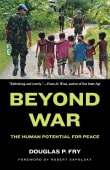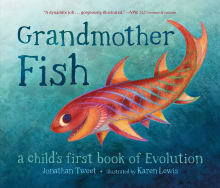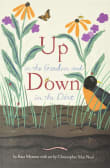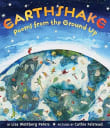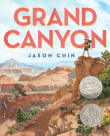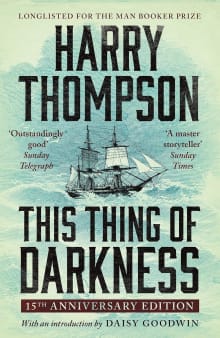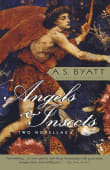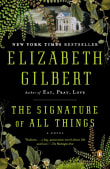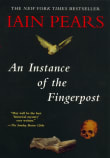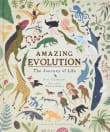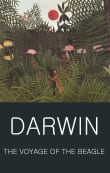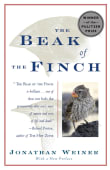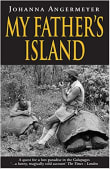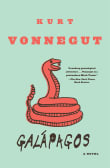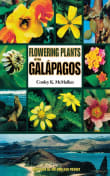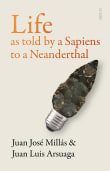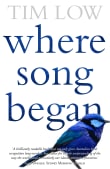Why am I passionate about this?
I love history in all forms. I enjoy first-person memoirs, and I also love historical biographies if they are well-written. Native American history is one of my areas of fascination, and the founding of our country is another. World War two is another area that I have delved into in the last few years, and it's so complex. Ultimately, all of the books I recommended are connected to important historical events, but their real strength is the people whom they are about. Looking through my list, I see that all of the books are about underdogs or figures who ultimately did not prevail in terms of their specific situations.
Alex's book list on historical nonfiction about underdogs

Why did Alex love this book?
We are probably familiar with the hit musical Hamilton, but the historical biography on which it was based is equally compelling. Chernow really makes Alexander Hamilton come to life as a fully rounded, complex person, not just a cardboard cutout of a founding father.
His myriad clashes with Thomas Jefferson, his service under General Washington in the Revolutionary War, and his involvement in one of the first public sex scandals are all fascinating parts of this amazing tome. I've re-read it a number of times, I find it so gripping and tragic.
5 authors picked Alexander Hamilton as one of their favorite books, and they share why you should read it.
The #1 New York Times bestseller, and the inspiration for the hit Broadway musical Hamilton!
Pulitzer Prize-winning author Ron Chernow presents a landmark biography of Alexander Hamilton, the Founding Father who galvanized, inspired, scandalized, and shaped the newborn nation.
"Grand-scale biography at its best-thorough, insightful, consistently fair, and superbly written . . . A genuinely great book." -David McCullough
"A robust full-length portrait, in my view the best ever written, of the most brilliant, charismatic and dangerous founder of them all." -Joseph Ellis
Few figures in American history have been more hotly debated or more grossly misunderstood than Alexander Hamilton.…



